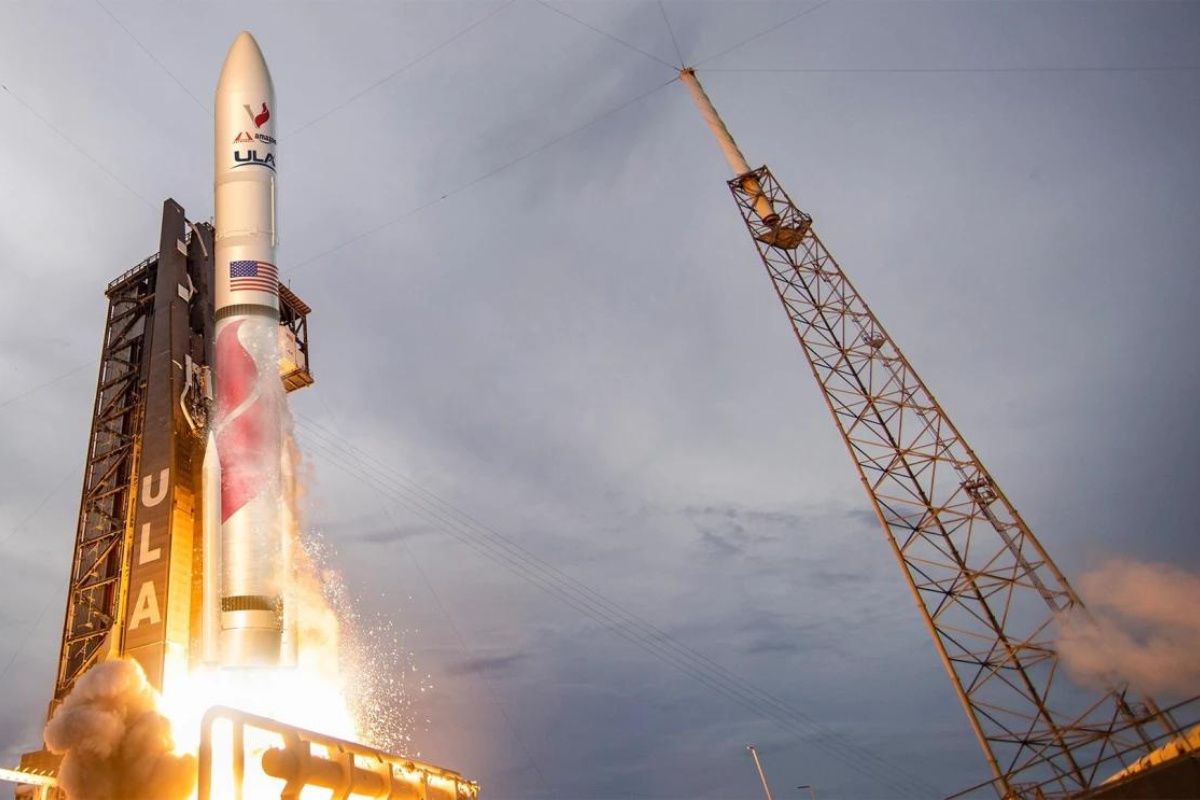We've been hearing a lot about satellites over the past few months, especially with Apple introducing its Emergency SOS service and T-Mobile pledging to offer satellite cellular service by 2023. SpaceX offers satellite internet service with Starlink and has expanded its offering since its launch, being made available in more territories around the world. Now it looks like Amazon is also ready to set foot inside the domain, with its plans to launch its satellites to provide affordable broadband service to people around the world.
According to its press release, Amazon will launch satellites early next year, with the first two satellites, Kuipersat-1 and Kuipersat-2, nearing completion. Both satellites will be deployed during the first flight of the United Launch Alliance's (ULA) new Vulcan Centaur rocket. Although we are still some months away from a rocket launch, Amazon has 47 launches planned with ULA and another 45 launches planned with aerospace companies Arianespace and Blue Origin. With a total of 92 launches, Amazon plans to populate the sky with 3,236 satellites, which will be necessary for its upcoming wireless network. Of course, this project is no small feat, with many partners involved, like Northrup Grumman, Beyond Gravity, and more.
Although we are a long way away from Amazon's satellite service being up and running, SpaceX's Starlink provides a great proof of concept of satellite internet technology, as it has been offering its service since November 2020. Since that time, the firm has expanded its service, offering internet for personal and commercial use. SpaceX has also expanded coverage, offering service to 40 countries. Furthermore, the company also offers plans for folks in RVs, and it can even be used at sea. While internet speeds can vary and the cost can be expensive, it seems like a very good option for those who do not have access to traditional internet services. As far as Amazon goes, we will just have to wait and see, as I'm sure the company will give the world another update when the time is right.
Source: Amazon
Via: The Verge

